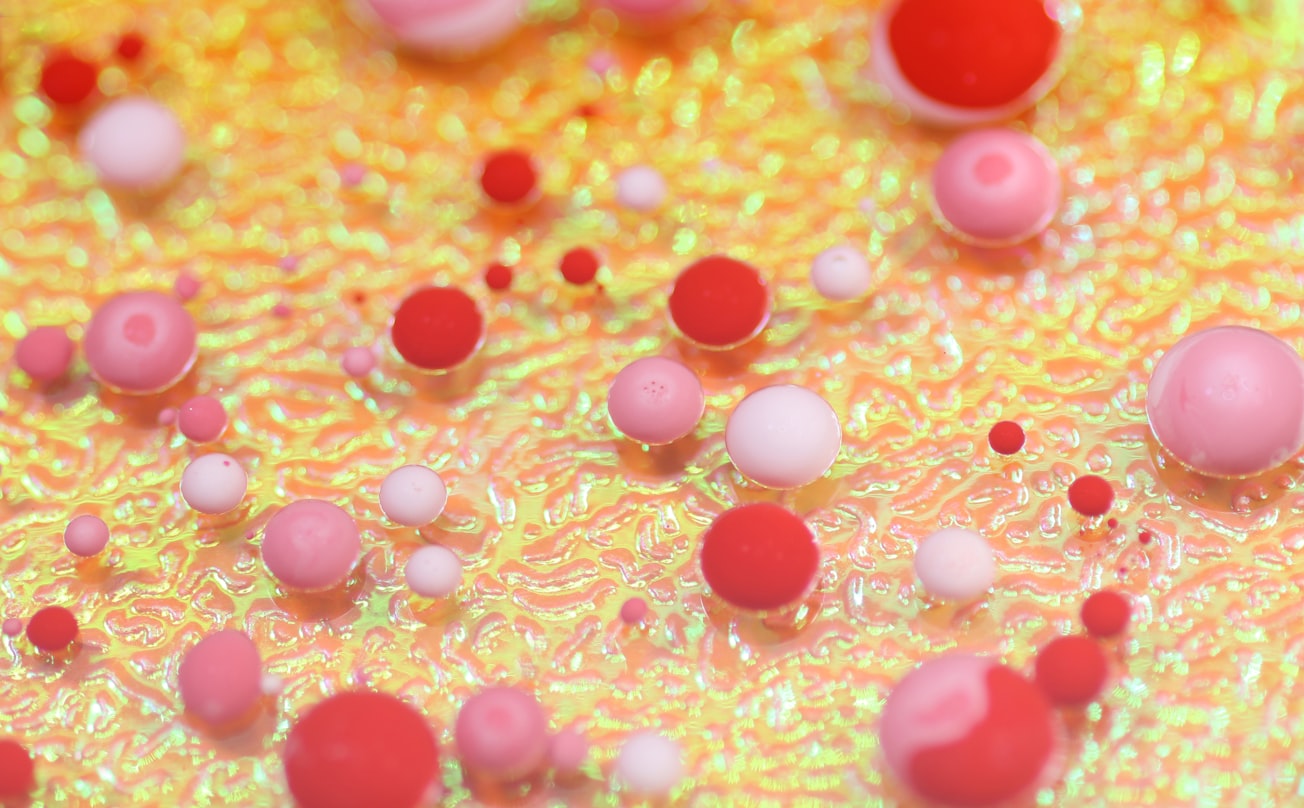What is it about?
Macrophages play an important role in the progression of liver fibrosis. In this paper, biodegradable nanogel particles have been designed to deliver clinically approved bisphosphonates into fibrotic livers and stop disease progression by changing the activity of macrophages.
Featured Image

Photo by FLY:D on Unsplash
Why is it important?
Macrophages play an important role in several diseases by generating an immune suppressive microenvironment which prevents promising novel immunotherapeutics from becoming active. Nanoparticle-based strategies can achieve a delivery of immunomodulatory drugs into these cell types and thereby selectively alter their phenotype. Our so-called "squarogel" nanocarriers seems to provide ideal properties to deliver covalently attached approved drug into macrophages and block disease progression.
Perspectives
We believe that biodegradable nanocarriers can also be applied to other diseases where macrophages require a phenotype repolarized (e.g. cancer). Our strategy could initiate further therapeutic strategies to tackle diseases like cancer or fibrosis through the immune system more effectively.
Lutz Nuhn
Max Planck Institute for Polymer Research
Read the Original
This page is a summary of: pH-degradable, bisphosphonate-loaded nanogels attenuate liver fibrosis by repolarization of M2-type macrophages, Proceedings of the National Academy of Sciences, March 2022, Proceedings of the National Academy of Sciences,
DOI: 10.1073/pnas.2122310119.
You can read the full text:
Contributors
The following have contributed to this page










